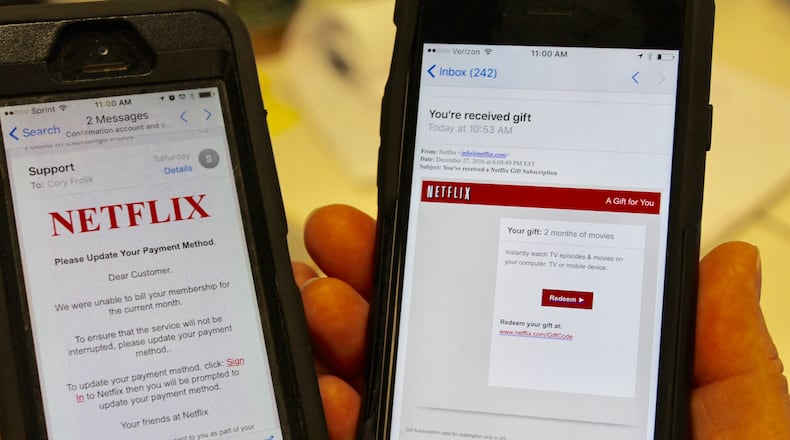With most criminal attempts to separate you from your money, the warning signs are visible, if you’re willing to look.
That new online “friend” who never wants to meet face-to-face but still asks for money? Ditch him.
A stranger making an unexpected phone call asking for personal information or to “verify” info that legitimate organizations should already have? Hang up.
That other stranger who wants you to take a check for something you’re selling online, for an amount that’s greater than your asking price? If the “buyer” wants you to wire-transfer the difference in funds, that’s a counterfeit check on offer.
Arm yourself with information:
Be skeptical: Ask questions. Don't agree to any transaction you don't understand. Don't agree to wire-transfer funds, especially to strangers who are trying to rush you.
Don't believe your caller ID: Unfortunately, fraudsters can "spoof" legitimate caller identification numbers and create false web sites. Be wary.
Fight phishing: Don't click on links in strange emails or emails that don't look quite right. Just delete the email. Responding to unknown senders in any way can verify that yours is a working email address. That may result in more unwanted messages.
Take your time: Be suspicious of pressure. Don't be hurried into agreeing to anything you don't understand. Legitimate financial transactions take time. If you're being threatened, hang up.
Get allies: You're not alone. Contact the Better Business Bureau, the Federal Trade Commission or the National Consumers League.
About the Author

